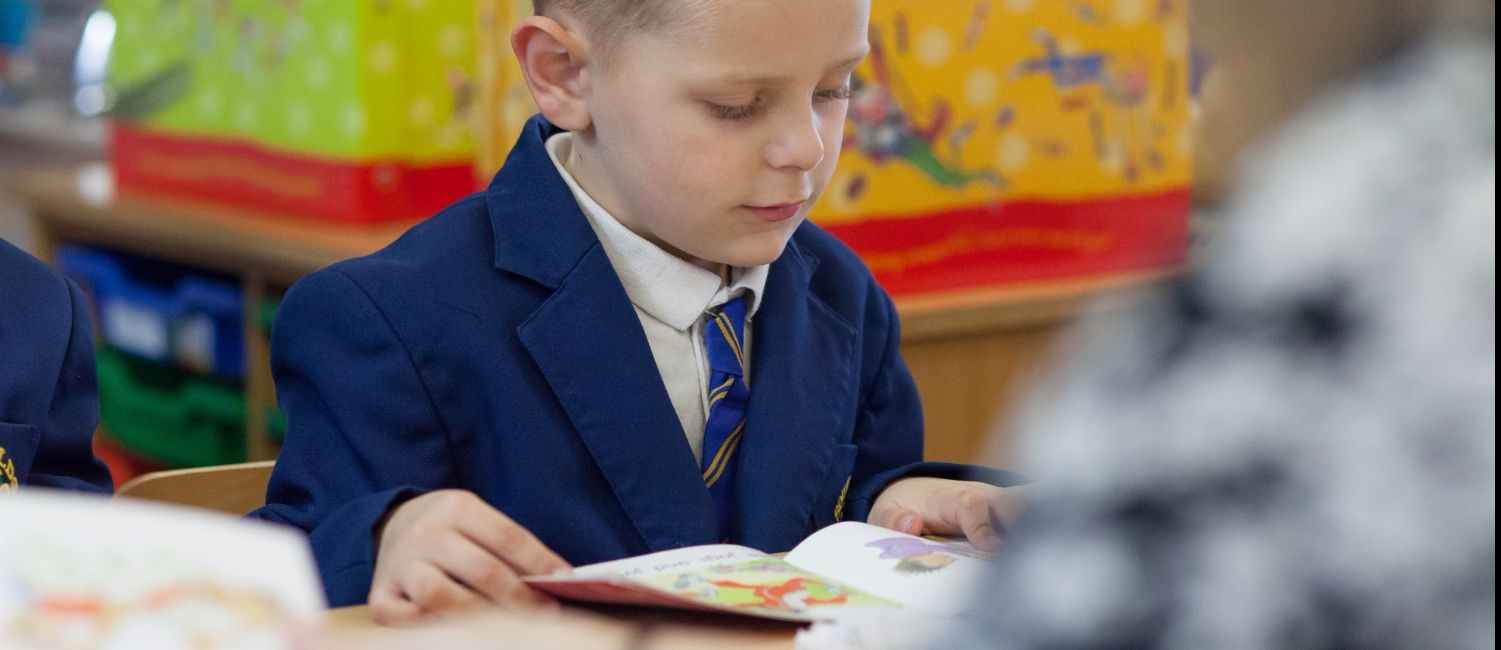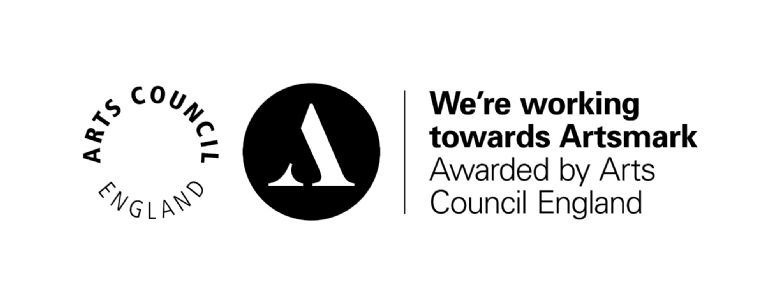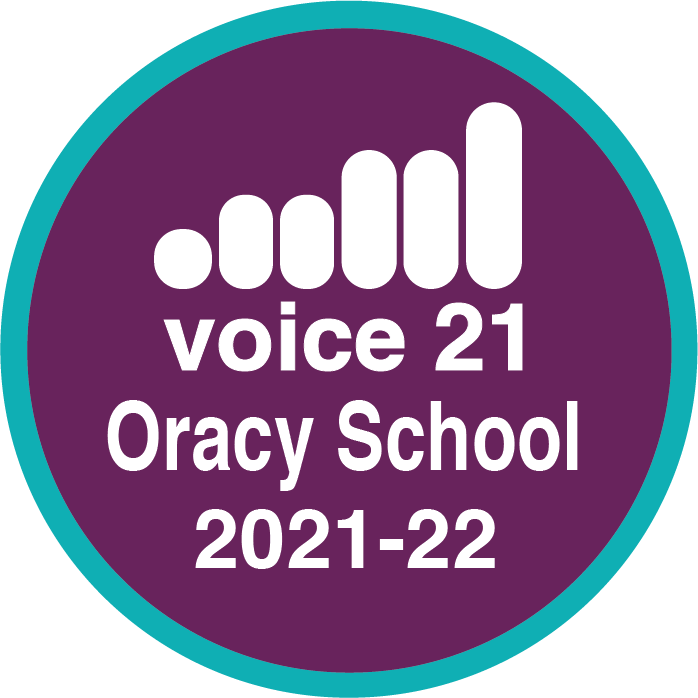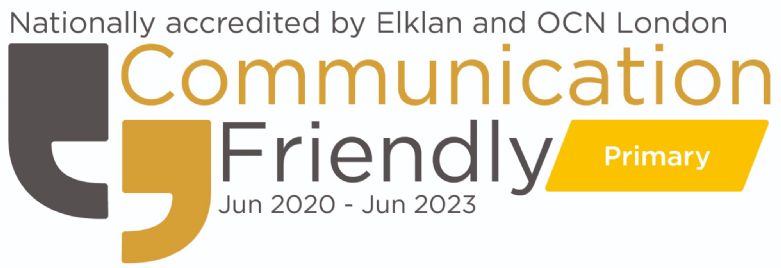What is the Mathematics Mastery Curriculum?

Mastering Maths means acquiring a deep, long-term, secure and adaptable understanding of the subject. At any one point in a pupil’s journey through school, achieving mastery is taken to mean acquiring a solid enough understanding of the maths that’s been taught to enable him/her move on to more advanced material.
Some people confuse mastery with Greater Depth. This is not the case, they are two very different things. All children in our school have access to a Mastery curriculum which is based on the idea of ensuring all children have 'mastered' their Mathematics and secured a deepened understanding (as mentioned above). Greater Depth refers to pupils who show a higher level of understanding for an area or aspect of learning and are able to challenge themselves further with new concepts and ideas.
At Southfields, we follow the NCETM (National College for Excellence in Teaching Mathematics) Five Big Ideas in Teaching for Mastery. This has been drawn from research evidence, underpinning teaching for mastery. The diagram below helps to bind these ideas together:
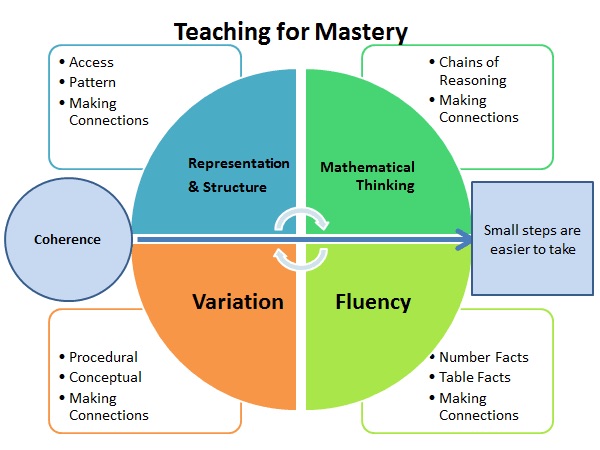
Here is a flavour of what lies behind them:
Coherence
Connecting new ideas to concepts that have already been understood, and ensuring that, once understood and mastered, new ideas are used again in next steps of learning, all steps being small stepsRepresentation and Structure
Representations used in lessons expose the mathematical structure being taught, the aim being that students can do the maths without recourse to the representationMathematical Thinking
If taught ideas are to be understood deeply, they must not merely be passively received but must be worked on by the student: thought about, reasoned with and discussed with othersFluency
Quick and efficient recall of facts and procedures and the flexibility to move between different contexts and representations of mathematicsVariation
Varying the way a concept is initially presented to students, by giving examples that display a concept as well as those that don’t display it. Also, carefully varying practice questions so that mechanical repetition is avoided, and thinking is encouraged.
Diving deeper into the learning:
Pupils are encouraged to show their understanding in a variety of ways by drawing the mathematics, explaining their understanding, identifying mistakes, telling a maths story and proving their thinking. These types of activities are incorporated into mathematics lessons regularly in all year groups.









